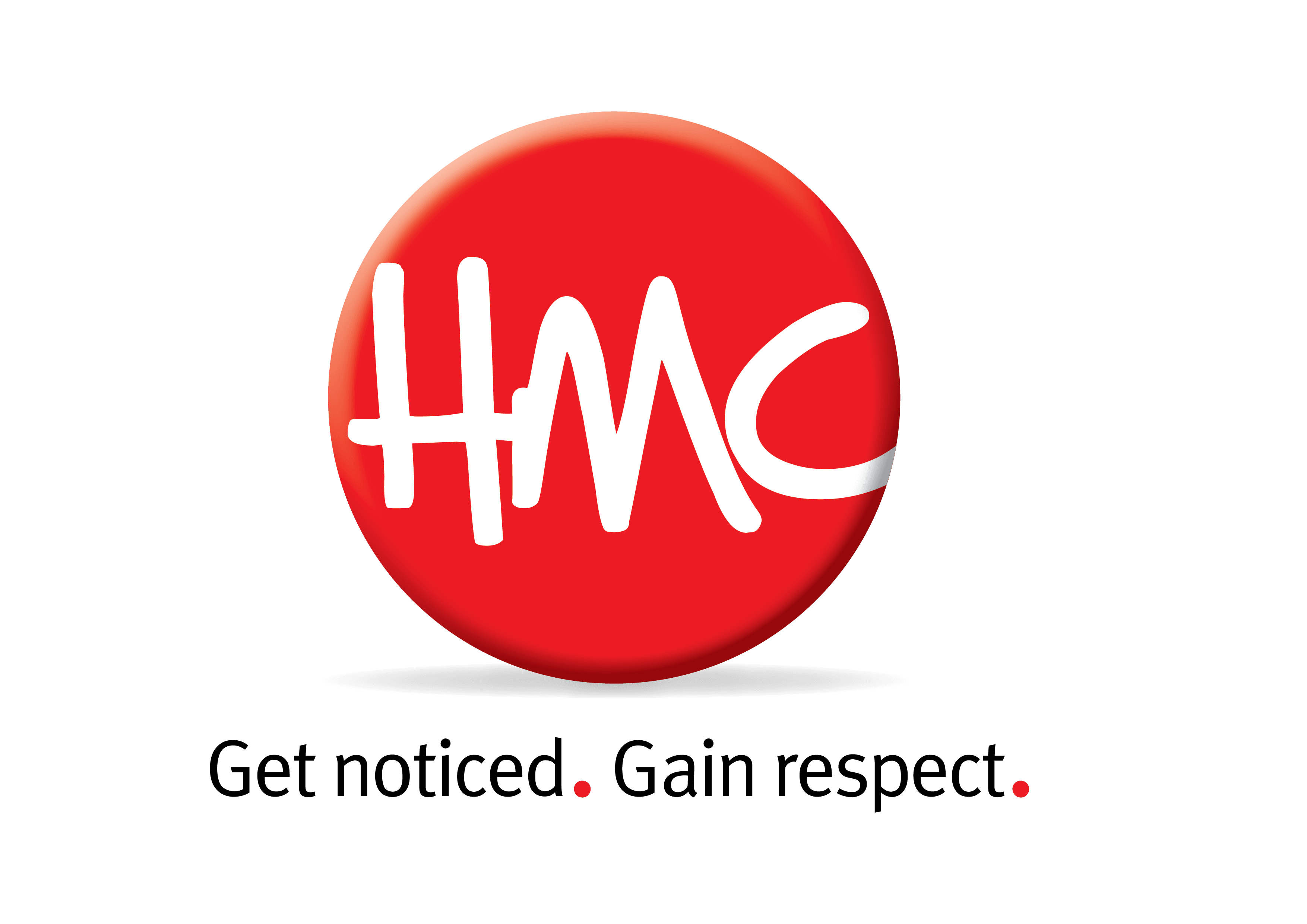According to Hamilton-based PR agency HMC, the rise of generative AI platforms like ChatGPT, Gemini, and Claude is changing how consumers discover brands. And businesses need to take action to ensure their online presence matches what these platforms are ‘reading’ and citing.
A March 2025 study by IAB New Zealand, found nearly half (48.5%) of those Kiwis surveyed had used ChatGPT instead of a traditional search engine at least once.
“More and more people seem to be either bypassing or supplementing their Google searches and turning to AI tools to ask for recommendations, compare options, or research problems they want to solve. But while search habits are evolving, many businesses aren’t being proactive to evolve their online content strategies to match,” says managing director of HMC Heather Claycomb.
Large language models (LLMs) generate answers based on a wide variety of existing online content and what’s already been published and said about your brand online.
“If you want to show up in your target audience’s AI searches, information about your business and your products needs to show up consistently, credibly, and authoritatively across a wide number of online channels,” explains Claycomb.
This shift in search habits elevates the importance of public relations, content strategy, and brand communications.
“Media coverage, expert commentary, business information shared by third parties, and thought leadership content play a starring role in how AI platforms assess and recommend businesses, products and services. Strategic communications professionals are well-placed to play a pivotal role in helping businesses be discovered.
“At HMC, we’re seeing that companies with strong messaging, a clearly defined brand voice, and a proactive communications plan better positioned to rank in AI-powered searches. These brands are appearing in top recommendations because they’ve invested in telling their story well over many years, across multiple authoritative channels that LLMs, like ChatGPT, trust,” says Claycomb.
To stand out in this new search landscape, businesses need to treat AI as a target audience. And the best place to start is with a well-crafted communications plan that defines your company’s key messages and ensures consistency across all platforms, including your website, social media, third-party mentions, media articles, and beyond. “It’s no longer enough to post the odd blog sporadically or rely solely on paid ads. LLMs look for evidence of authority, credibility, and relevance over time. And they do not look at your ads,” explains Claycomb.
Just like humans, AI search engines value high-quality, human-written content. “Natural, engaging language resonates with AI just as it does with real people. Blogs, opinion pieces, good news articles, and case studies that offer genuine insight not only build trust but also increase your chances of being cited by AI platforms.
“Media coverage on high-authority sites, such as news publications or respected industry bodies, is especially important to demonstrate the credibility that algorithms tend to prioritise,” she says.
In a July 2025 study released by Muck Rack, it found LLMs prioritise media coverage when pulling through answers and recommendations. It found, “More than 95% of citations come from unpaid media sources and 85% of those come from earned sources, while another quarter are from journalistic sources. Half of total AI responses included at least one earned media citation.”
For companies wanting to ensure they are included in AI search citations, HMC advises to start by doing a quick AI search of themselves. “Pretend you are a potential client or consumer who doesn’t use your products or services yet. Ask ChatGPT, Claude or Gemini some questions that could be asked and see what comes through. You can even ask AI platforms how your business is perceived, and what your reputation is in your marketplace. Search like your customers would and see if you are being recommended. And, if so, is the information accurate and consistent? If you’re not happy with how you’re being cited, take a look at what your often-cited competitors are doing differently,” recommends Claycomb.
The bottom line is this: AI search is not a trend to watch, it’s here now. And it’s impacting the discovery phase of your customer’s journey.
And that means businesses must take a proactive, strategic approach to their online communications strategy so they can be found.
HMC’s latest CRUNCH podcast episode, “Unlocking AI Search: How Your Brand Can Rise to the Top,” provides information about this topic. Find CRUNCH wherever you listen to your favourite podcast. Apple Podcast link: https://bit.ly/4lPWupH

